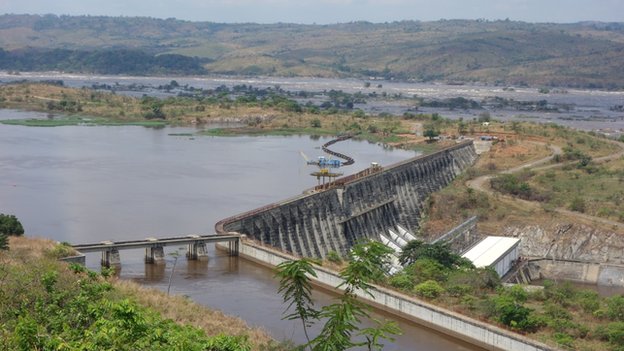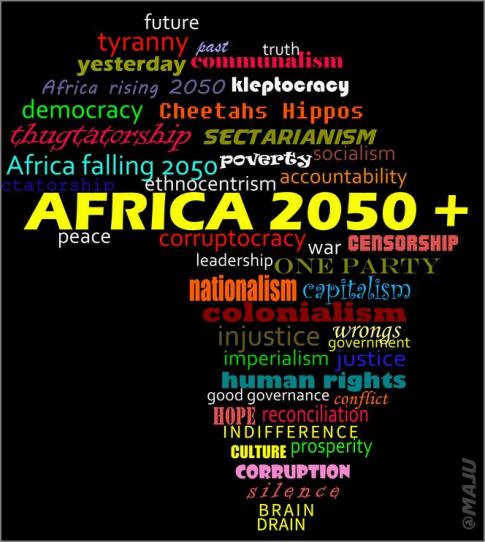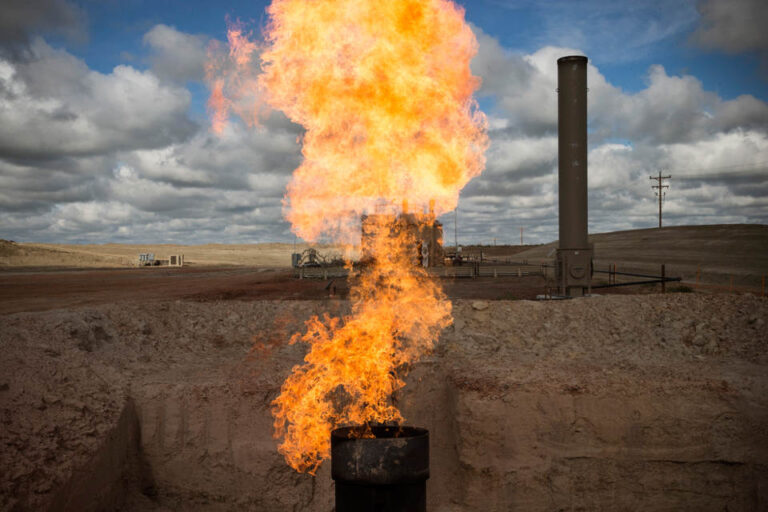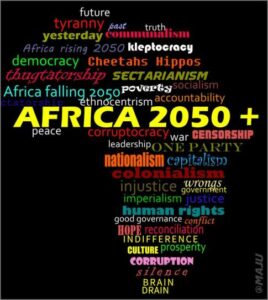Upon the invitation of H.E. Hailemariam Dessalegn, Prime Minister of the Federal Democratic Republic of Ethiopia, H.E. Mohamed Abdullahi Mohammed, President of the Federal Republic of Somalia, paid an official visit to Ethiopia from 3 to 5 May 2017.
Upon his arrival at Bole International Airport, H.E. Mohamed Abdullahi Mohammed, President of the Federal Republic of Somalia, was accorded a warm welcome by H.E. Hailemariam Dessalegn, Prime Minister of the Federal Democratic Republic of Ethiopia, high-ranking government officials, members of the diplomatic corps, and members of the Somalia community.
The visit was aimed at further strengthening the already existing fraternal ties during the assumption of office by a new leadership in Somalia. During the visit, the two leaders, accompanied by their respective delegations, held extensive and fruitful discussions on bilateral, regional and international issues of common interest. They also recalled their meetings in Mogadishu during the inauguration of the newly elected President and in Nairobi for the Refugees Summit. The discussions were held in a frank and cordial manner that characterizes the historic friendship existing between the two countries.
Desirous of invigorating the commendable bond of fraternity between the two countries, the two leaders exchanged views on ways and means to further consolidate their cooperation in various fields. Furthermore, the two leaders agreed to forge closer ties based on the principles of good neighborliness, mutual respect and the promotion of mutual interest.
The two leaders committed to fully implement previously signed agreements to revitalize the already existing mechanisms of cooperation. Accordingly, they expressed their readiness to create a high-level joint cooperation committee to further the collaboration between the two countries. They reaffirmed that both countries need to have strong economic cooperation. Accordingly, they expressed the need to encourage free movement of goods and services between their respective countries for mutual benefit.
H.E. Prime Minister Hailemariam Dessalegn congratulated H.E. President Mohamed Abdullahi Mohamed on the recent remarkable achievements in Somalia including the successful conduct of Parliamentary and Presidential elections and the peaceful transfer of power.
H.E. Prime Minister Hailemariam Dessalegn also expressed appreciation for the commitment made by the Federal Government of Somalia and federal member states leaders to tackle the security problems, including through urgent reform of the Somali security sector and a renewed Somalia campaign to defeat al-Shabaab.
The two leaders reaffirmed their commitment to bolster their support to AMISOM in the latter’s endeavor to stabilize Somalia. Furthermore, they vowed to take practical measures to avail all necessary resources to develop a well-functioning Somalia National Army that can effectively deal with al-Shabaab and progressively take over from AMISOM.
Both leaders expressed their concern on the return of piracy in the Indian Ocean and urged the international community to redouble efforts to support the Somalia National Coast Guard and to increase the capability of the Somalia Police Forces to enforce the rule of law in order to control the criminal activities both on shore and off shore.
The two leaders expressed their common concerns on the critical humanitarian crises in the Horn of Africa region based on the spirit of the Mogadishu Declaration on Regional Cooperation on the Current Drought, and the Nairobi Declaration on Durable Solutions for Somalia Refugees, and called on national, regional and international collaborative efforts to effectively and timely respond to regional crises including drought, famine and migration.
The two leaders called on the upcoming London Conference on Somalia to recognize Somalia’s ownership of the process, and to accommodate Somalia’s peace and development objectives as well as to consider a New Partnership Agreement between Somalia and the international community. They also urged the countries in the IGAD region to speak with one voice to make the most of the present opportunities for Somalia.
At the end of the visit, H.E Mohamed Abdullahi Mohamed, President of the Federal Republic of Somalia, expressed his gratitude to H.E Hailemariam Desalegn, Prime Minister of the Federal Democratic Republic of Ethiopia, for the warm welcome and hospitality accorded to him and to members of his delegation since their arrival in Ethiopia and marked the visit as a milestone in enhancing the already existing excellent relations. H.E. President Mohamed Abdullahi Mohamed underlined that Somalia stands ready to invest and develop the fundamental infrastructure necessary to enhance economic cooperation between the two countries.
H.E Hailemariam Dessalegn, Prime Minister of the Federal Democratic Republic of Ethiopia, expressed his thanks to H.E Mohamed Abdullahi Mohamed, President of the Federal Republic of Somalia, for accepting his invitation to pay an official visit to the Federal Democratic Republic of Ethiopia. The Prime Minister underlined on the importance of the visit to forge a stronger bond between the two fraternal countries.
Distributed by APO on behalf of Federal Republic of Somalia - Office of the President.
























